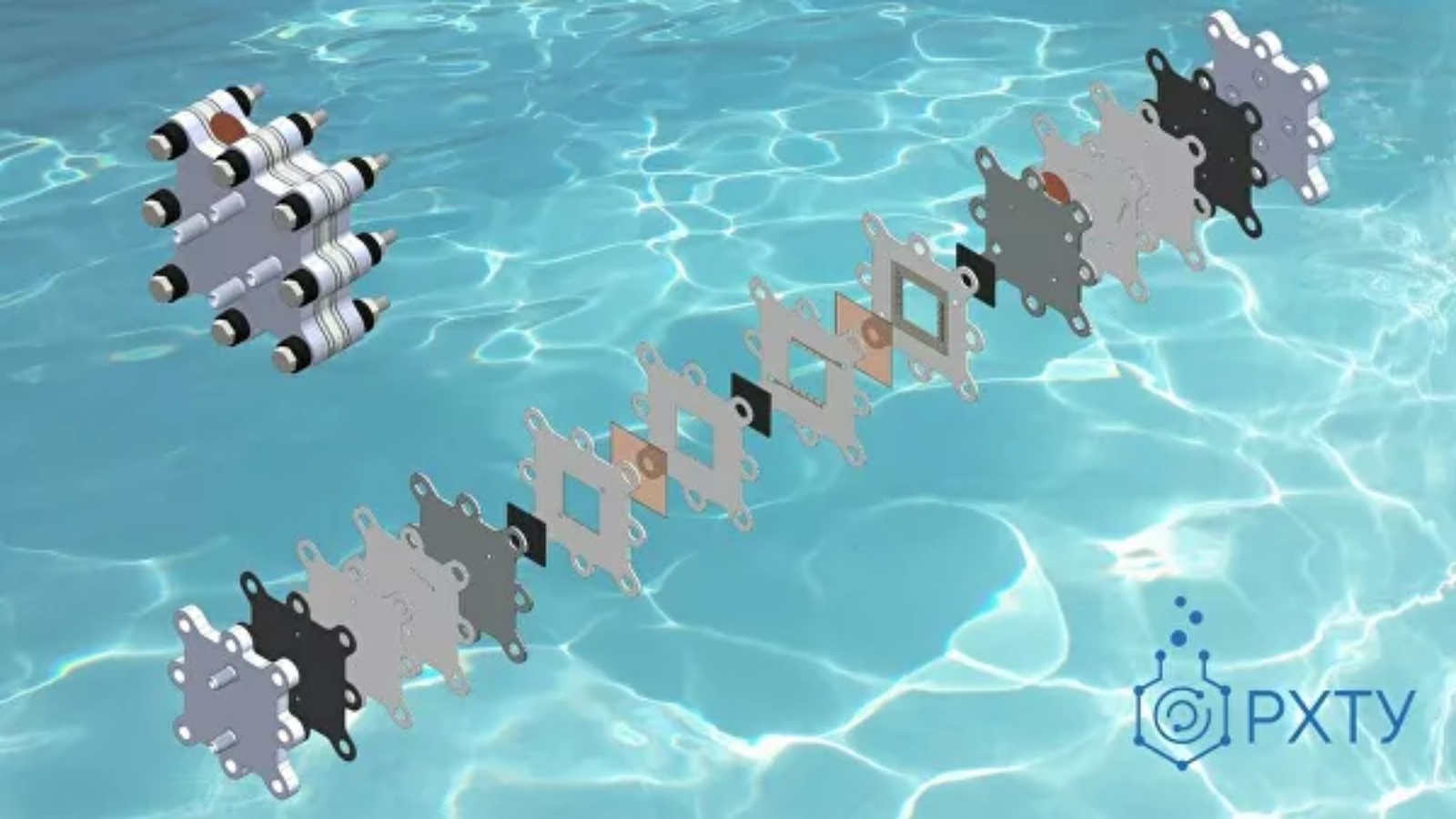Russian scientists created battery powered by chemical waste

Chemists from the Mendeleev Russian Chemical Technology University, the Institute of Problems of Chemical Physics under RAS and the Institute of Physical Chemistry and Electrochemistry under RAS have developed a neutralisation battery, a device capable of generating electricity from the pH difference of two liquids, such as waste acid and alkali runoff from chemical production facilities. The findings are published in the ChemSusChem journal.
The concept of neutralisation batteries, which derive their energy from the difference in pH values of two liquids called electrolytes, appeared in the 1970s but have not been sufficiently developed due to the fact that such batteries do not produce high discharge power and cannot store significant amounts of energy. But they do have one advantage, the low cost of electrolytes: chemical waste and even seawater.
The researchers tested the construction of a neutralisation battery using dilute solutions of HCl and NaOH. The key idea was to use hydrogen electrodes. As a result, reactions involving hydrogen take place in both vessels, and it is from these that the total neutralisation energy is added up. The flow of hydrogen in this system is looped - when charged, it is released to the left at the cathode and consumed to the right at the anode.
The authors have proved that such a device can be recharged, and its specific power reached 6 mW/cm2, one of the highest values among neutralisation batteries.